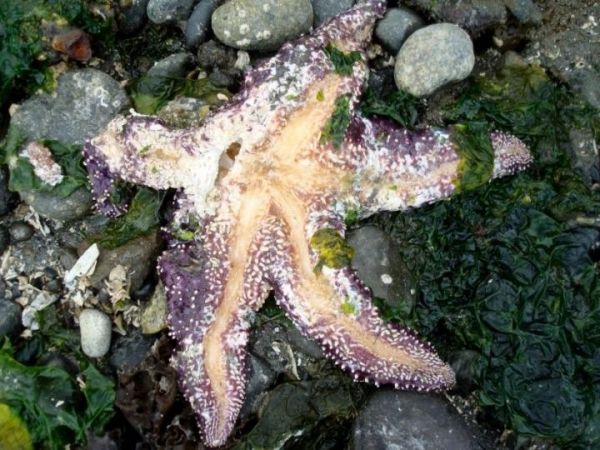Warming events are increasing in magnitude and severity, threatening many ecosystems worldwide. As the global temperatures continue to climb, it also raises uncertainties as to the relationship, prevalence, and spread of parasites and disease.
A recent study from the University of Washington explores the ways parasitism will respond to climate change, providing researchers new insights into disease transmission. The paper was published in May in Trends in Ecology and Evolution.
The review builds upon previous research by adding nearly two decades worth of new evidence to build a framework showing the parasite–host relationship under climate oscillations. Traditionally, climate related research is done over long time scales, however this unique approach examines how increasingly frequent “pulse warming” events alter parasite transmission.
“Much of what is known about how organisms and ecosystems can respond to climate change has focused on gradual warming,” said lead author Danielle Claar, a postdoctoral researcher at the UW School of Aquatic and Fishery Sciences. “Climate change causes not only gradual warming over time, but also increases the frequency and magnitude of extreme events, like heat waves.”
Read more at University of Washington
Image: A sea star ravaged by sea star wasting disease. (Credit: Alison Leigh Lilly)


